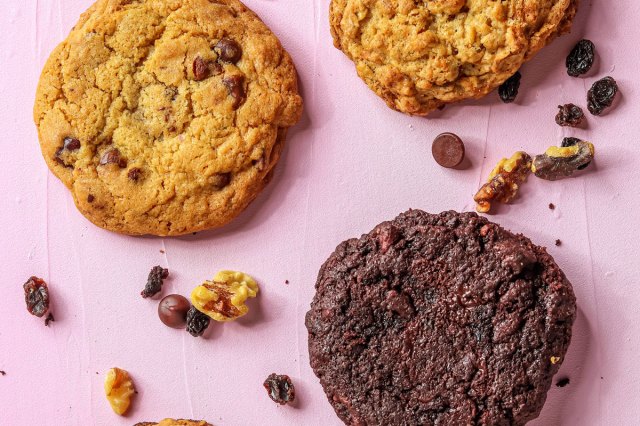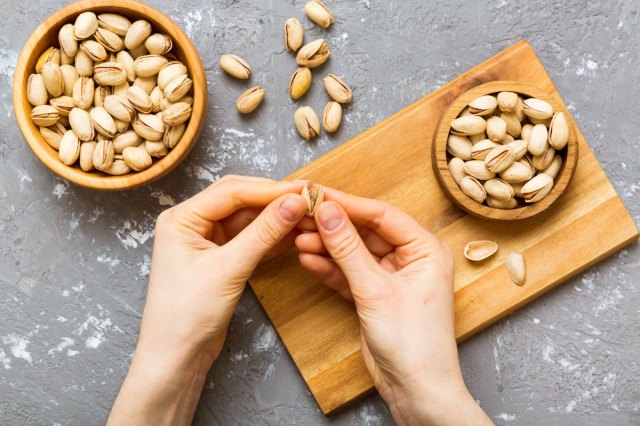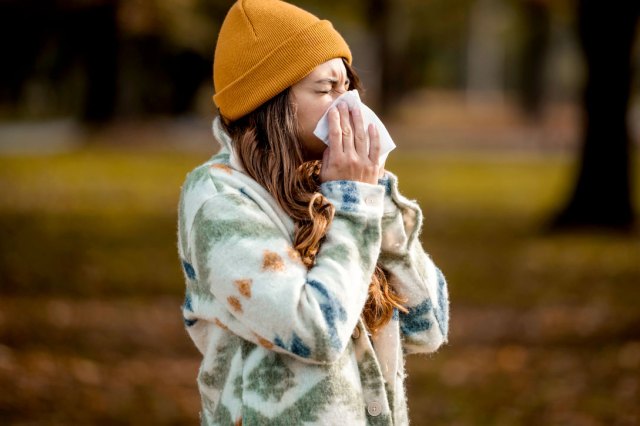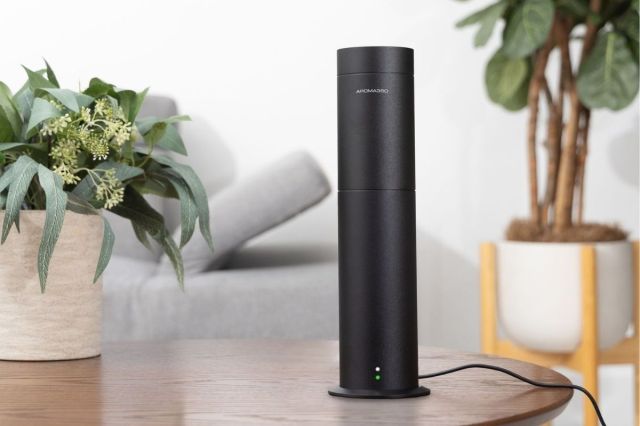Misconceptions and myths about health are everywhere, from false folk remedies to dodgy diet advice. Fortunately, science can clear up much of the misinformation floating around. While it turns out that chicken soup really is good for a cold, plenty of other beliefs about health and nutrition are incorrect. Here are six myths it’s time to debunk.

Myth: You Need Eight Glasses of Water a Day
The “8 x 8” rule is often treated as established science, but everyone has different hydration needs — most people do just fine by drinking water when thirsty. (Fruits and vegetables with high water content count, too.) If you’re especially active or in a hot environment, you’ll need more water than when you’re sedentary in an air-conditioned space. If your urine is a darker shade of yellow and you seldom need to urinate, increase your fluid intake and consult a doctor if it isn’t remediable.

Myth: Breakfast Is the Most Important Meal of the Day
Cereal-haters, rejoice: Eating breakfast is no more effective for weight loss than saying, “Just coffee for me, thanks.” While breakfast was long touted as the most important meal of the day, studies have shown that breakfast-skippers don’t consume more calories than people who rise and dine. The science behind intermittent fasting suggests that delaying the day’s first meal may improve weight loss outcomes.

Myth: You Can’t Catch the Common Cold Simply by Being Cold
Grandmother was partially correct: Hypothermia and frostbite can weaken your immune system, making people more susceptible to illnesses. But upper respiratory infections like the common cold and the flu are spread via viruses. Rhinoviruses, which cause the common cold, replicate faster in colder temperatures, but people also come in contact with fewer of them when out in fresh air (even if that air is cold). Heated indoor air also reduces humidity, and low humidity dries out our nasal passages, making it easier for viruses to bypass our immune systems. So, bundle up and enjoy the outdoors in all seasons, knowing it’s probably not why you got a cold.
Reader Favorites

Myth: Sitting On a Public Toilet Seat Will Give You a Disease
While public toilets are sometimes an unavoidable necessity, catching a disease from one is extremely rare. Communal toilets harbor plenty of pathogens but are unlikely to infect you from simply sitting. The floor, however, is filthy — don’t put your purse there! Door handles and sink faucets are other culprits. To avoid germs in public bathrooms, wash and dry your hands thoroughly, use a paper towel to open the door, and follow up with hand sanitizer.

Myth: Some Sugars Are “Better for You” Than Others
Sugars naturally occur in fruits, vegetables, honey, dairy products, and grains, and processed foods have added sugar. While science has found that diets high in sugar are linked to adverse health outcomes, our bodies metabolize natural and added sugars similarly, making all sugar relatively equal. For a healthy diet, limit sugar within the recommended daily intake level (no more than 9 teaspoons per day for men and 6 teaspoons for women).

Myth: Fat in Food Is Always Bad for You
Low-fat everything was all the rage in the 1980s when many doctors insisted that fats, well, made us fat. Unfortunately, the fat in many “low-fat” products is often replaced by sugar, making them less healthy than full-fat foods. While the research on the correlation between saturated fat and heart health is ongoing, nutritionists now recommend making monounsaturated fats — found in olive oil, nuts, and avocados — part of a healthy diet.
Featured Image Credit: dusanpetkovic/ iStock
More From Our Network
Better Report is part of Inbox Studio, an email-first media company. *Indicates a third-party property.

















